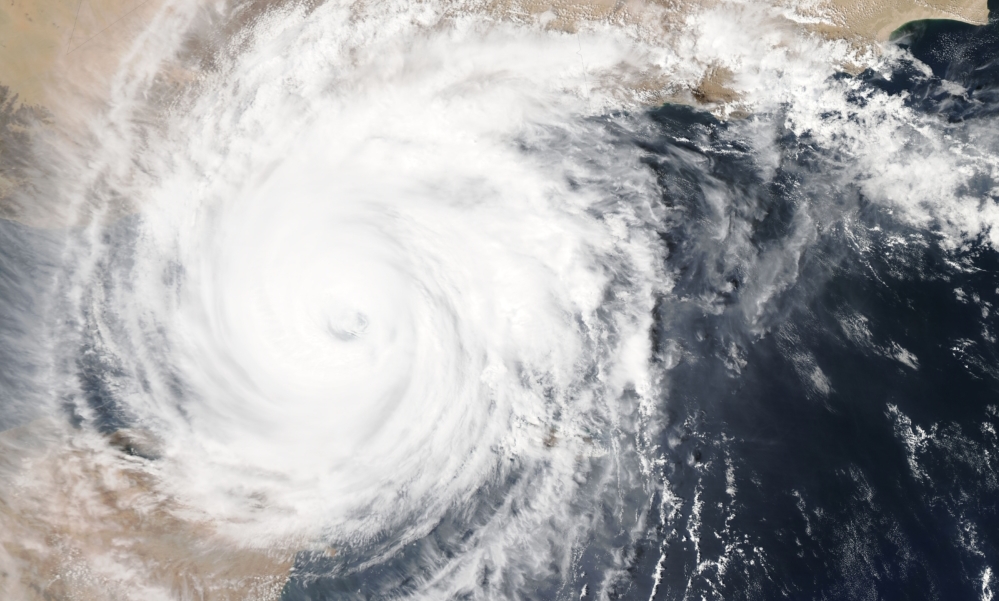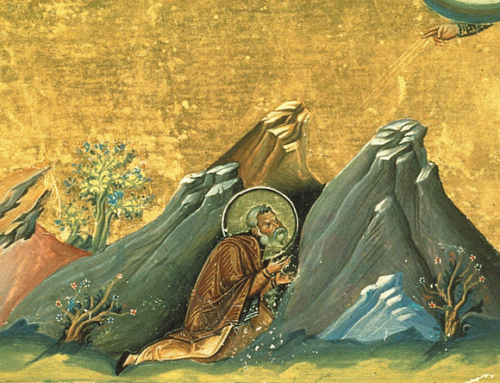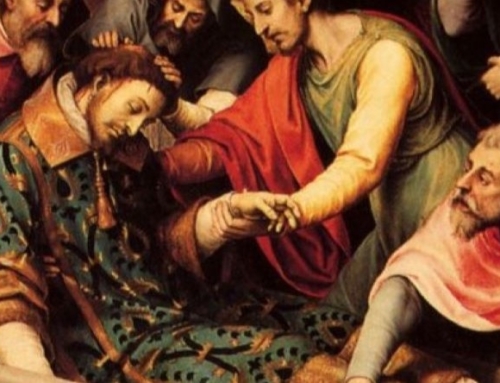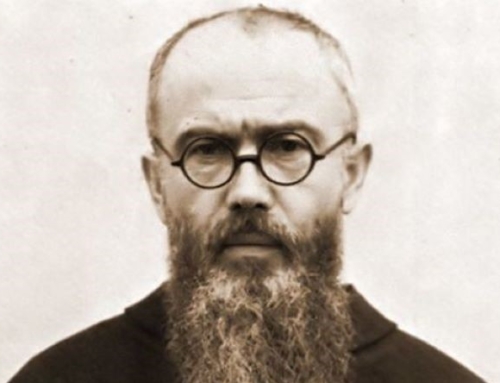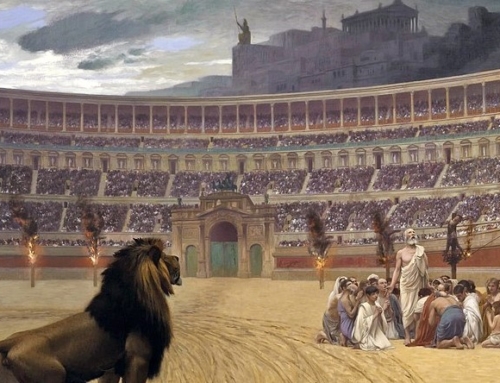What should a Christian say in the face of natural disasters? The recent hurricanes in Texas and Florida make this a pressing question. The difficulty is especially pointed for preachers of a “Prosperity Gospel.” Houston has a high concentration of Protestant mega-churches, and some of the pastors who lead them subscribe to this “Prosperity Gospel.” Simply put, they preach that God will give abundant worldly blessings to any Christian who has faith in Him. But with catastrophic flood damage from Hurricane Harvey, most of it not covered by insurance, it is hard to see how God is giving blessings.
The promises of wealth, love, work, and family are not new. In the history of Israel it was these types of worldly blessings that at least partially motivated the Chosen People to follow God out of Egypt and into the Promised Land. However, Israel came to understand over the centuries that God does not give these blessings unconditionally or predictably. They came to see that, although God does give us many blessings, He Himself is what they should most desire. So the psalmist could say to God, “Apart from you, I want nothing on earth” (Ps. 73). In a way, focusing on worldly blessings after God Himself has come in the flesh is to misunderstand the arc of salvation history. Christians are not going toward any earthly Promised Land, but the eternal land which lies beyond this world, Heaven. Our greatest blessings are spiritual blessings, and worldly blessings are good only in a relative way. They can help us on our journey, but they can also hinder us.
When we propose the Gospel to non-Christians or try to motivate or console Christians, we cannot make promises that God himself does not make. Jesus assured His disciples that the Cross was a necessary part of discipleship, and this includes the mystery of storms, natural disasters, and other misfortunes that befall us. We should promise comfort and try to convey how much God desires the good of each person, but we should also be able to relate suffering to the Cross.
Blessed John Henry Cardinal Newman puts this succinctly:
“Those who make comfort the great subject of their preaching seem to mistake the end of their ministry. Holiness is the great end. There must be a struggle and a toil here. Comfort is a cordial, but no one drinks cordials from morning to night” (A memorandum, September 16, 1824).
Holiness is the greatest blessing we can desire. Well and good if we receive other blessings, but a hurricane can take these away. Holiness on the other hand, which is our share in God’s own love, is able to grow through such trials. Disasters humble us by revealing our fragility, but this does not frighten those who know that, as St. Paul says, nothing can separate us from the love of Christ (Rom 8:39).
✠
Image by NASA

